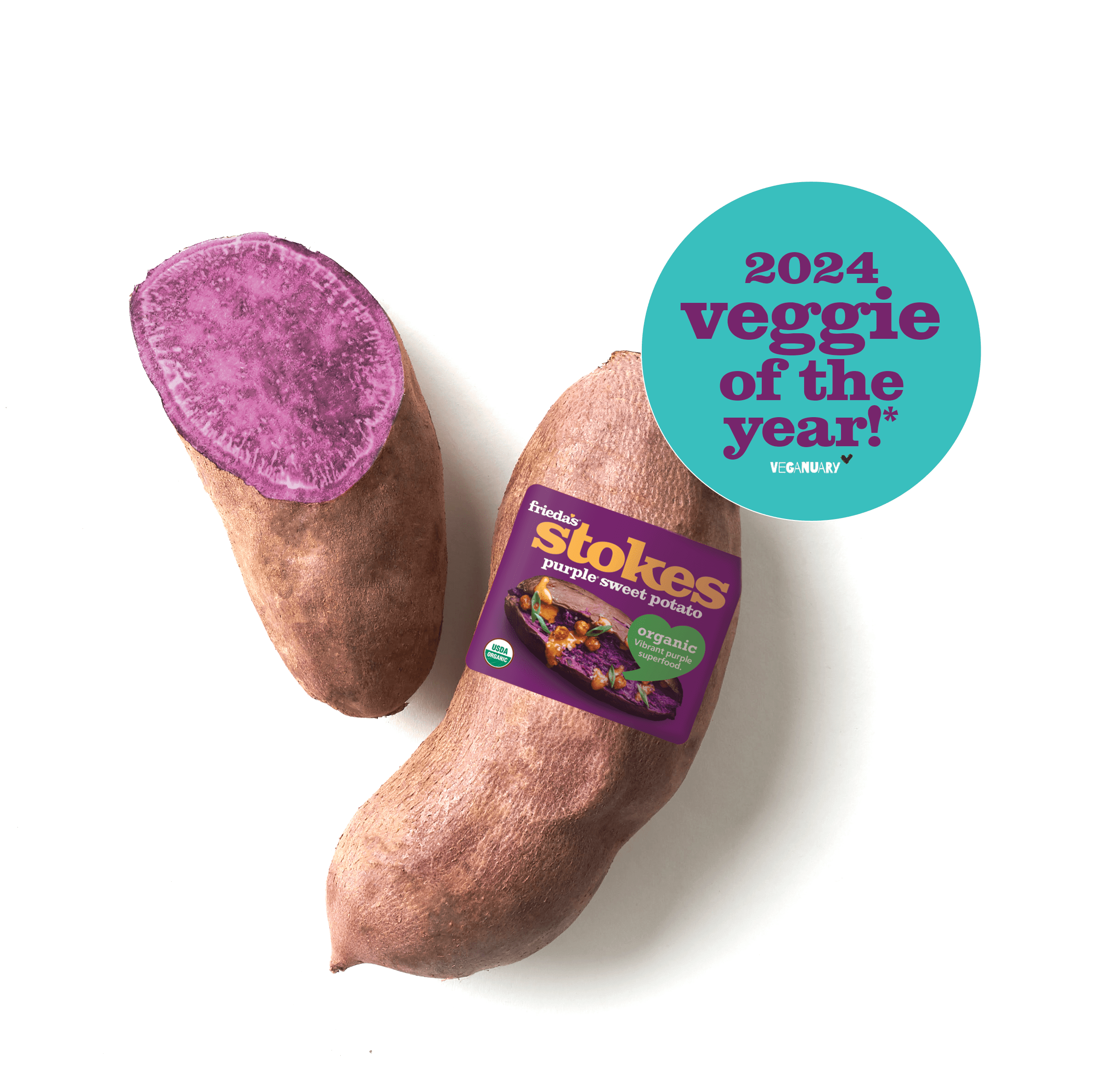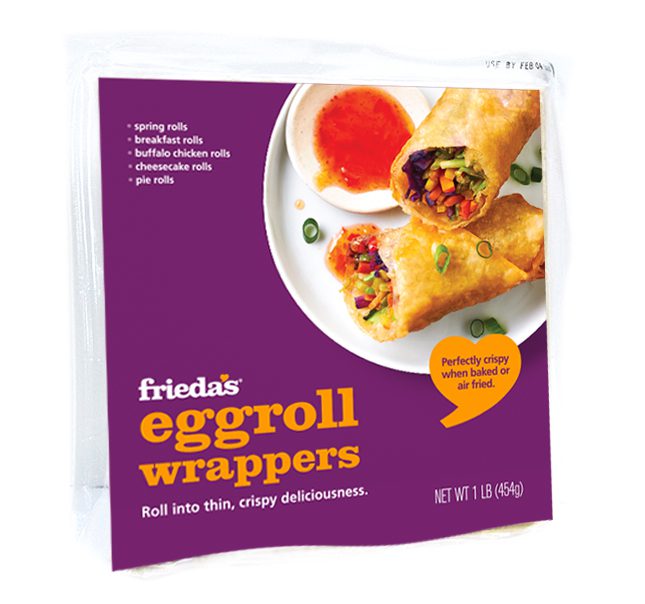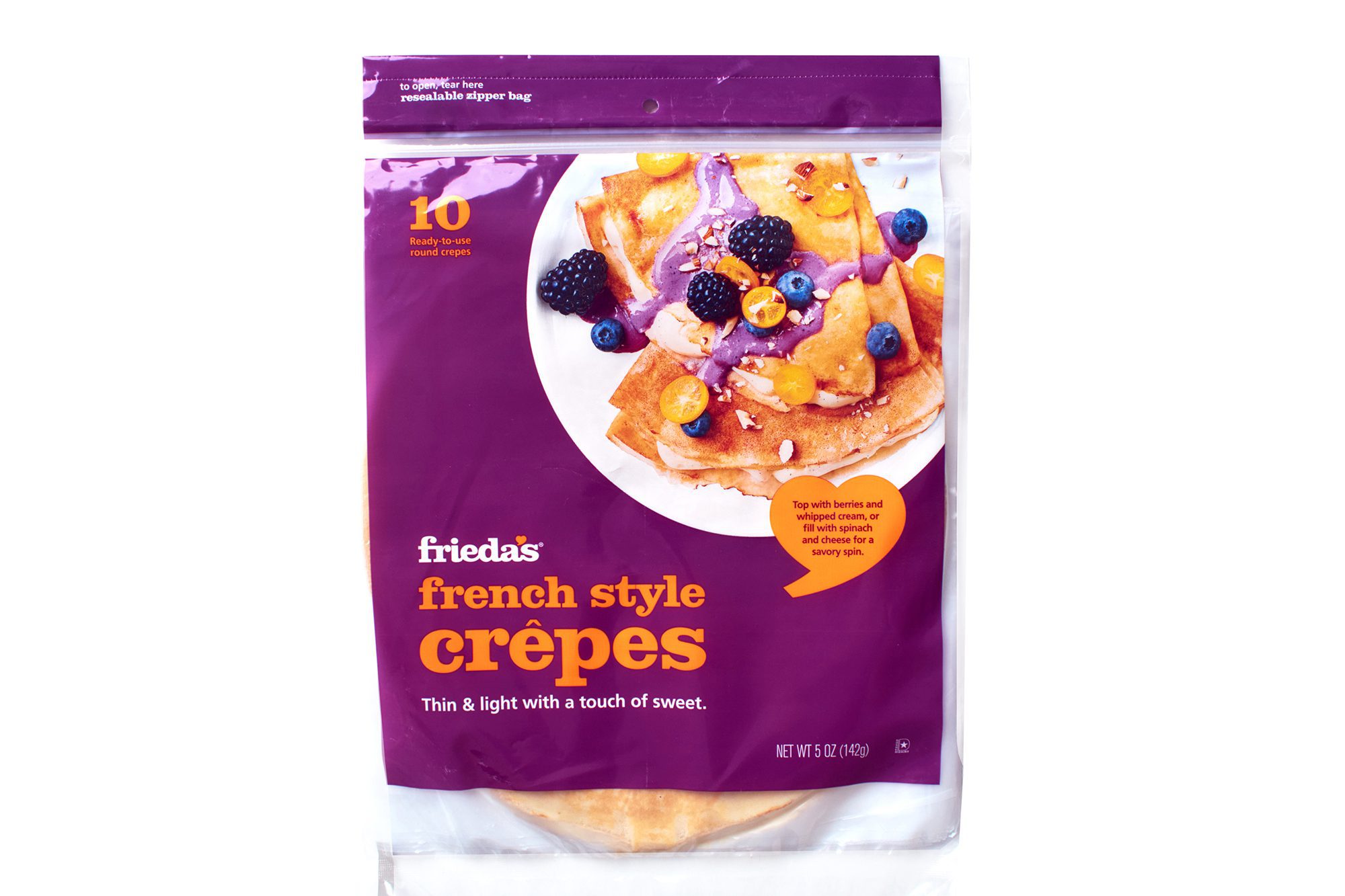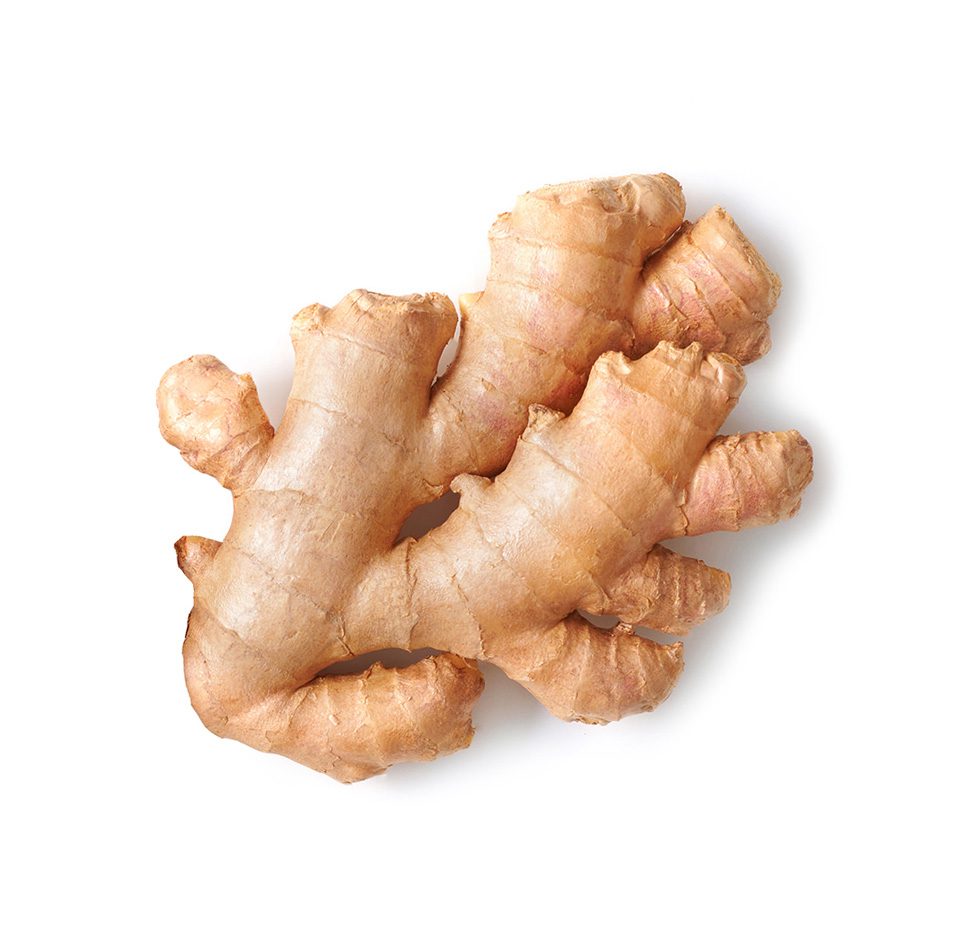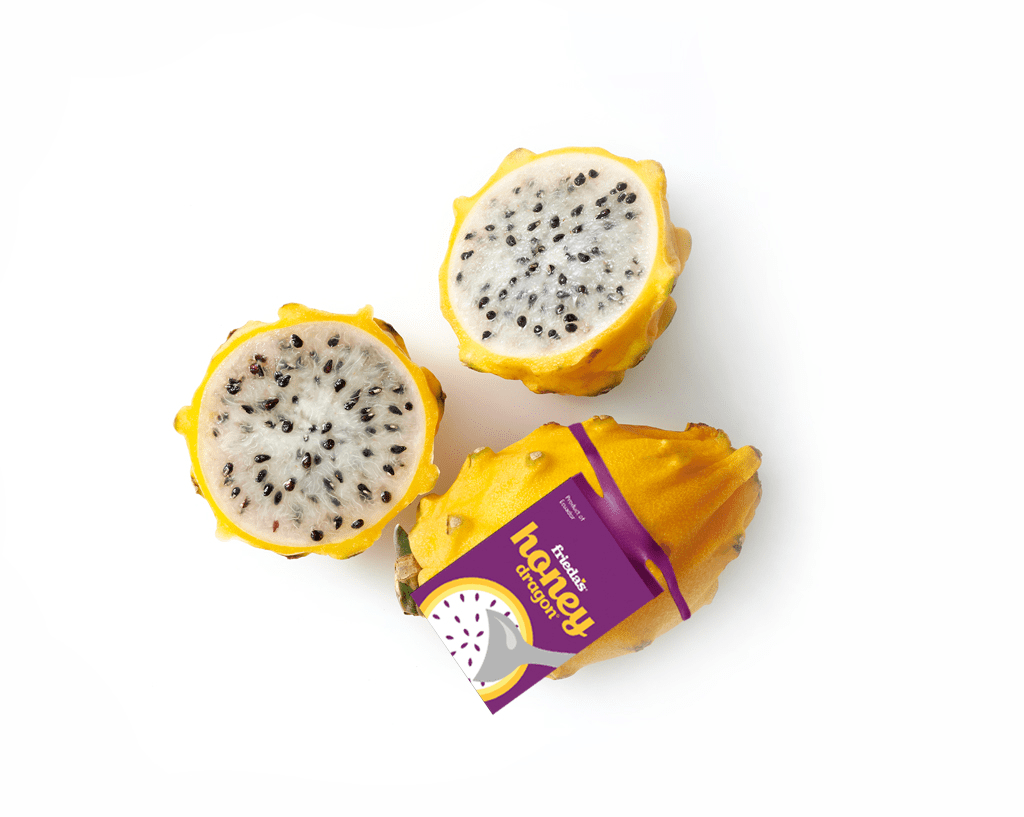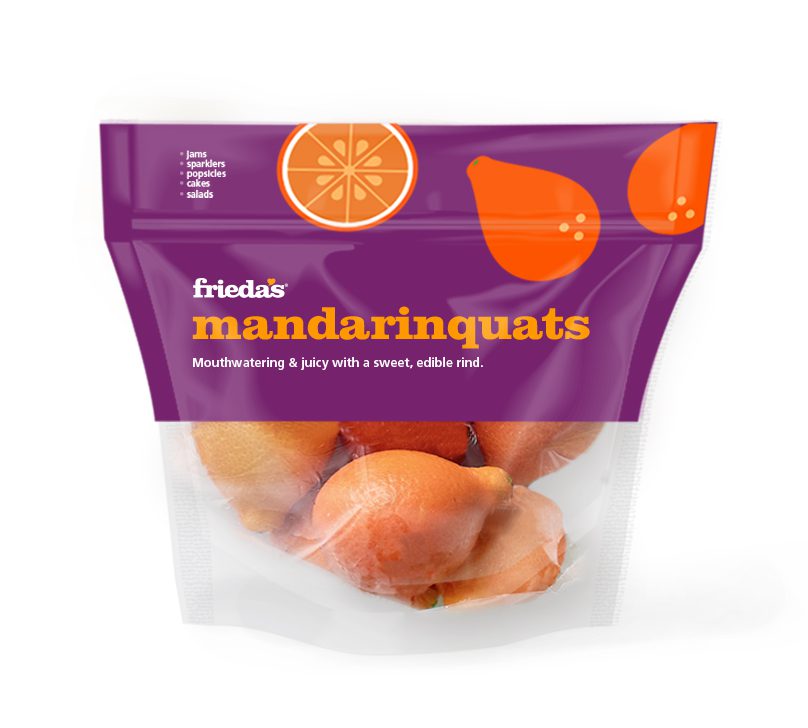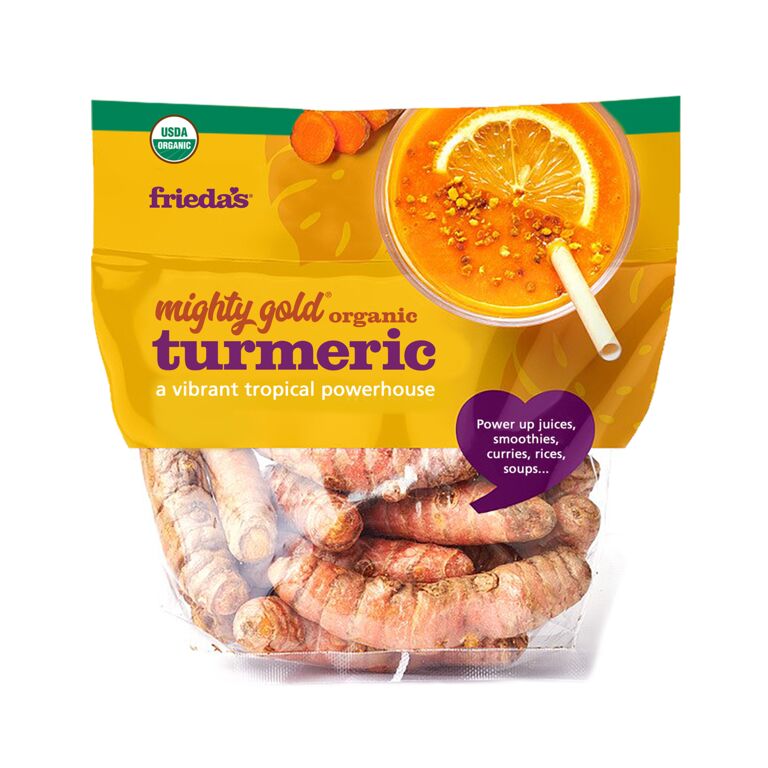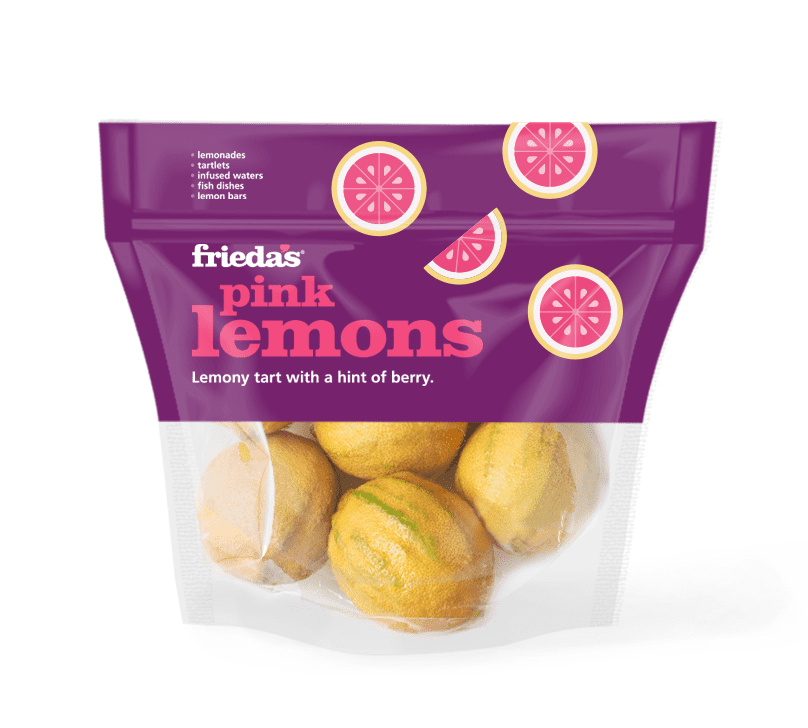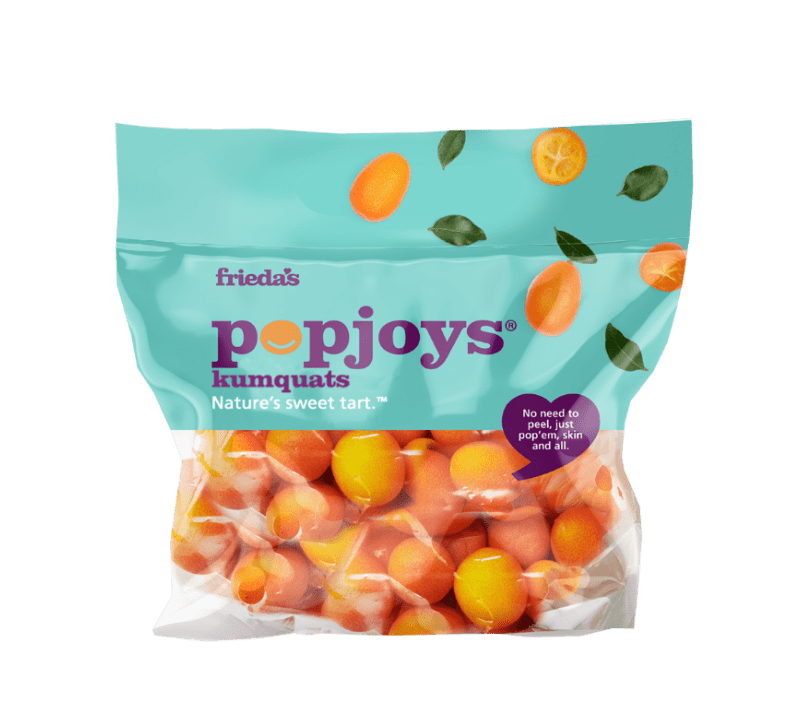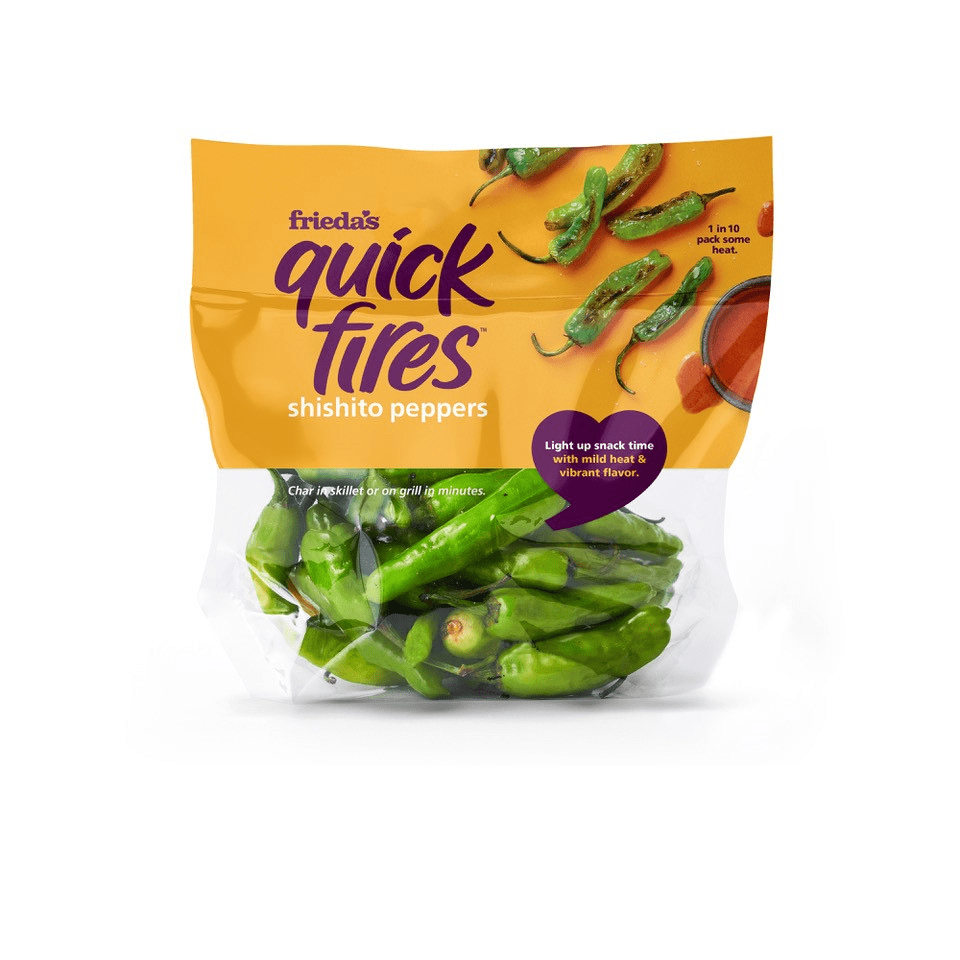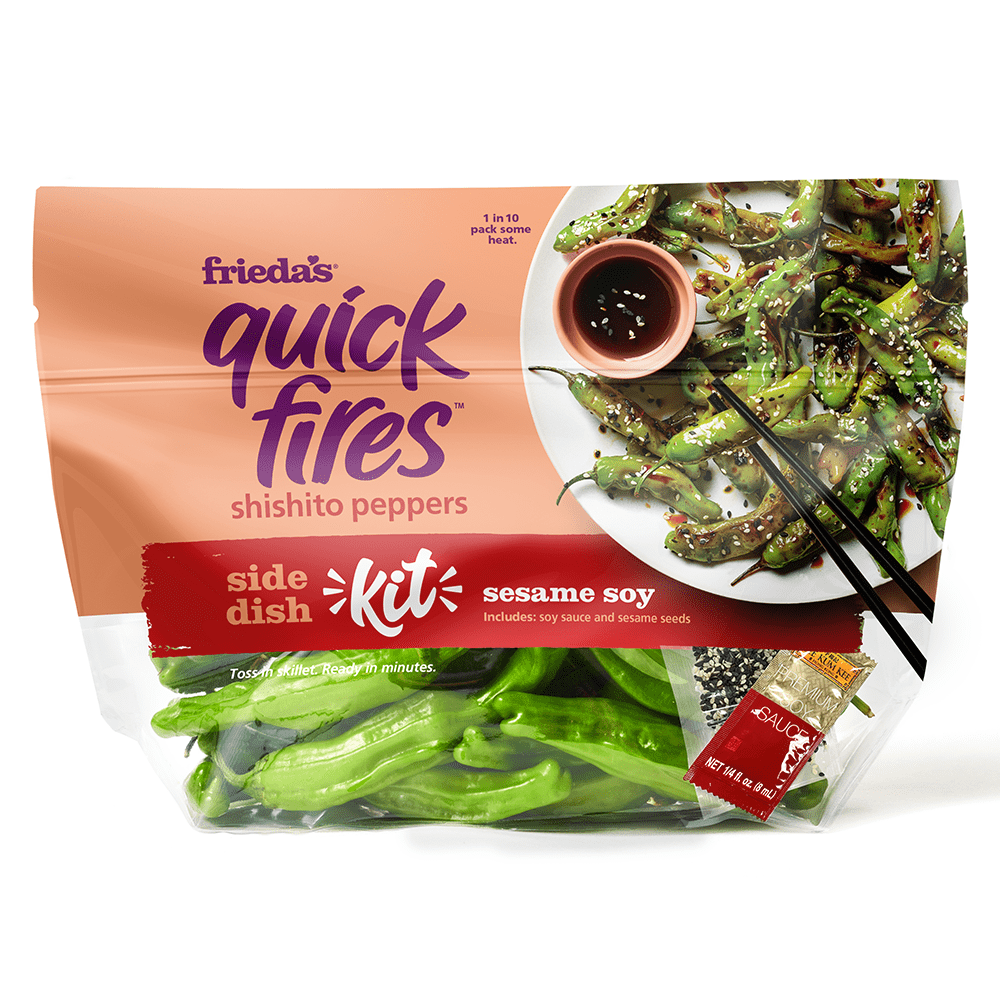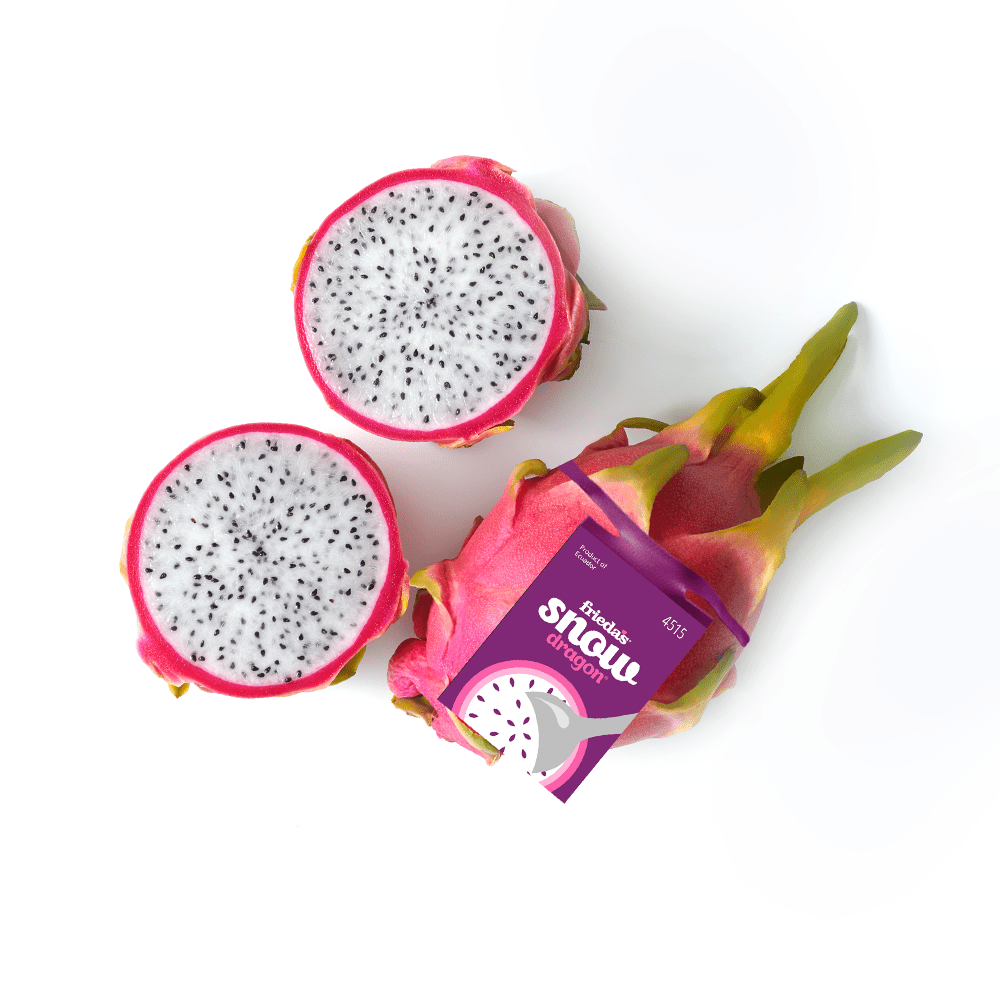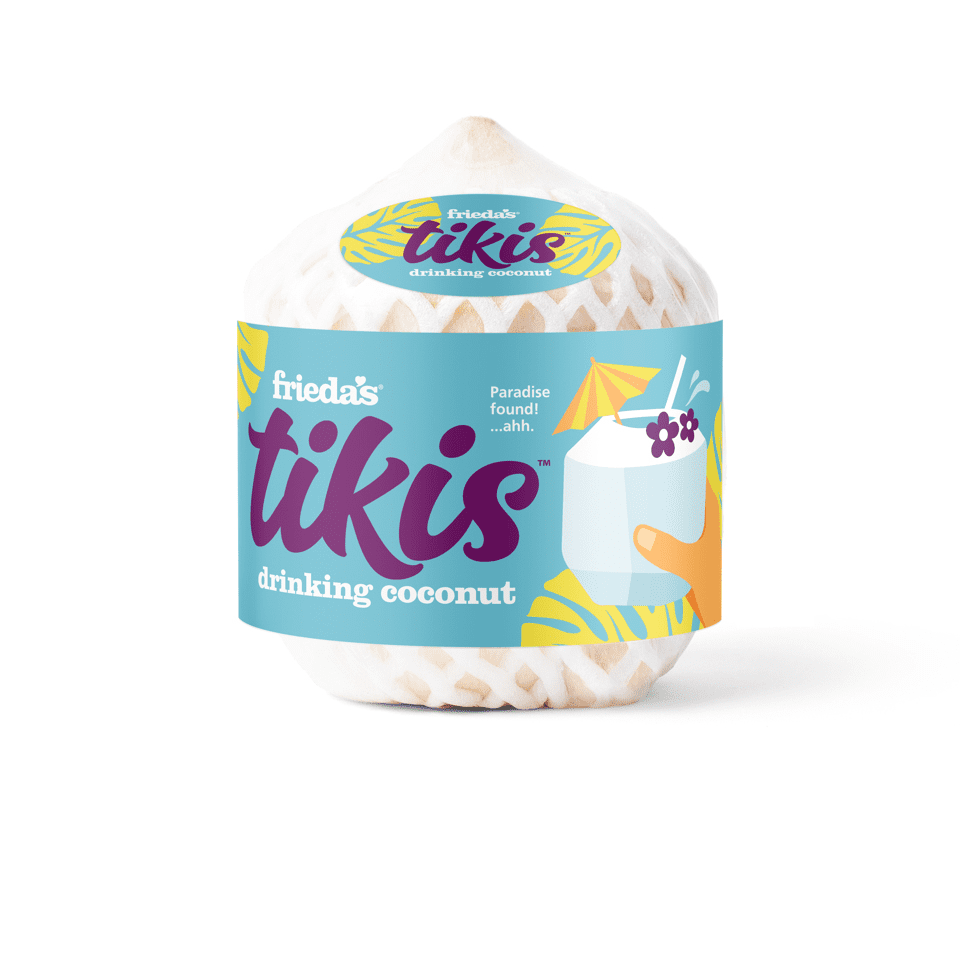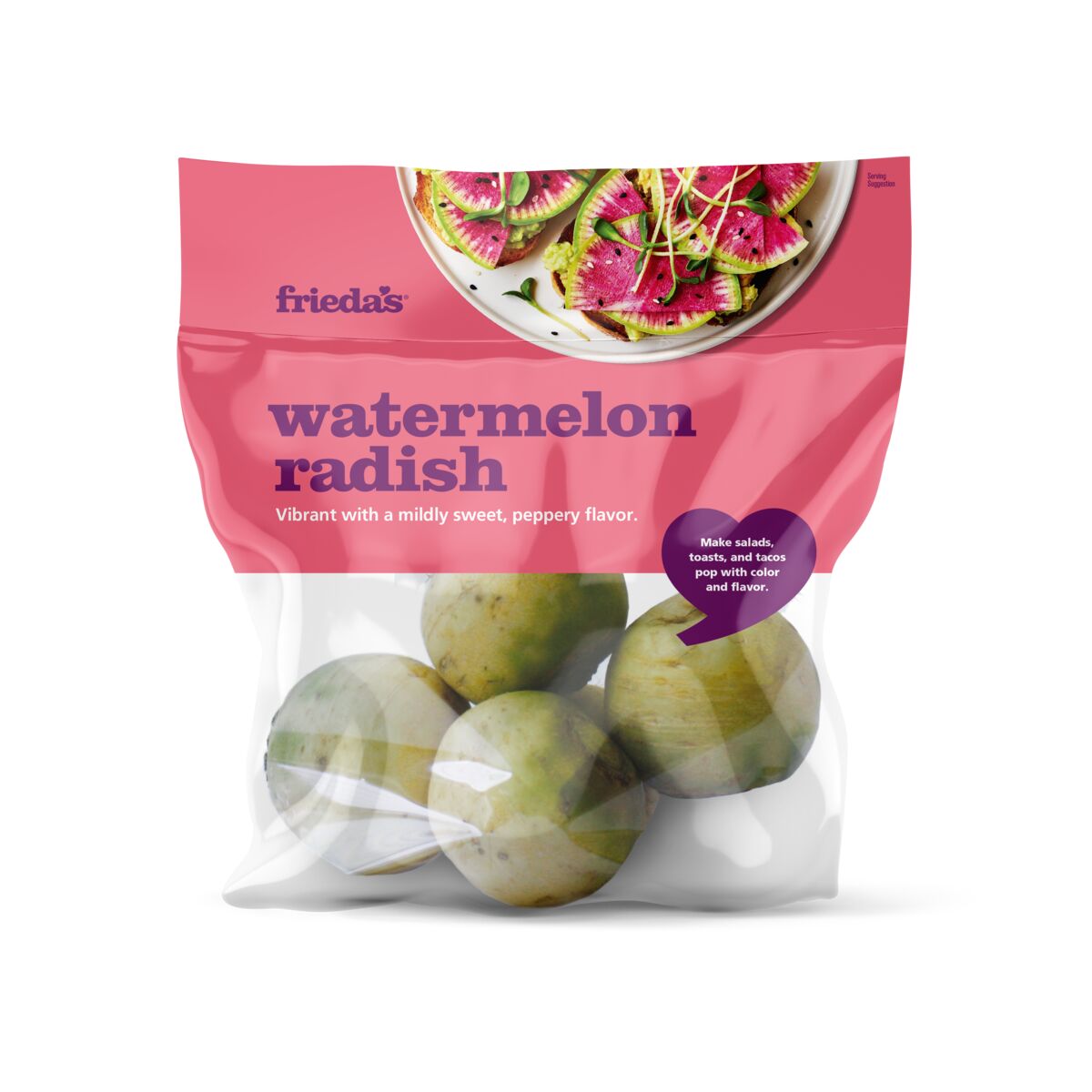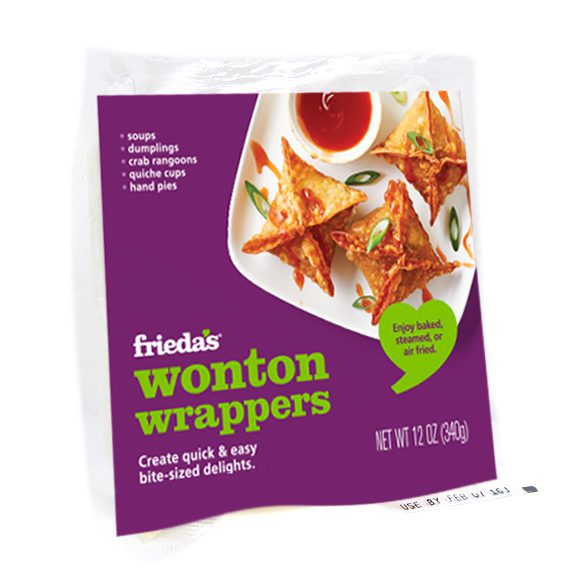Have you noticed at your local supermarket that more and more of the produce is packaged under the market’s private brand? It’s a big trend in our industry, so I thought we should talk about it.
A friend of mine told me that when she saw bagged salads with the Kroger or Safeway brand, she thought the retailer actually grew the lettuce. Well, that’s not usually the case. (Although I suppose it is possible.)
I call this the Trader Joe’s effect. As Trader Joe’s stores have grown in popularity and numbers, so has the impact of their strategy. It’s no secret that TJs offers more than 70 percent of their products under their own private label. They develop a special, proprietary recipe (for their jarred bruschetta, for example), and put a “Trader Joe’s” label on it.
From a strategy point of view, they hope you like their “special recipe” so much that you will come to their store to buy it, and will not buy anyone else’s. And you actually cannot buy it from anyone else, because it is their special recipe. And while you’re in the store, you might try their other private label products. Pretty soon your favorite special ingredients and products can only be bought at one store, so you do all or most of your shopping there.
Well, the same applies with bagged salads. Many retailers now have their own brand of bagged salads, baby carrots, romaine hearts, fresh peaches, bagged apples and sugar snap peas, just to name a few. They hope that you are so happy with the quality that you will continue to come to their store and buy it. You trust their company, you trust their brand, you trust their products.
So, with private labels, there is virtually no comparison. You can’t compare Market A’s bagged salads to Market B’s, because Market A’s is a special mix that you have come to love.
Back in 1978, Loblaws, a supermarket chain in Canada, launched a line of private label products called No Name. The packaging design was an extremely simple yellow and black and it was basically “no frills.” American supermarket operators tried this plain wrap product strategy for a while, but it really didn’t work. Large consumer product goods (CPG) companies like Procter & Gamble, Coca-Cola, PepsiCo, and The Campbell Soup Company had huge marketing budgets and were very good at being innovative marketers. In my opinion, they outspent (marketing-wise) the “no frills” brands and regained market share.
Fast forward to 2011, and private label packaged foods, produce, frozen foods, specialty grocery items, and just about everything are bigger than ever. You can even get private label gasoline for your car. (Costco, Wal-Mart, Safeway, Kroger and many others now offer fuel stations as part of their total product mix.)
Whether it’s baby carrots, salad mix, or bagged apples – I know that you want the most nutritious, good tasting food for your family. As someone in the industry, I need to say that not every grower has the same tasting produce. If you like the taste of the baby carrots at one market and not at the other, that is to be expected, as they are probably dealing with different growers. So, pick the one that tastes the best to you. The baby carrots grower probably has a relationship with that retailer…and you’ll almost always have carrots from that same grower. (The produce business is still a relationship business!)
So what does this all mean? Retailers are working harder to earn your business. They realize that you vote with your dollars and you want to be treated fairly when you shop in their stores. And you appreciate it when they go the extra mile to select the best products for you. But bottom line, they want you to like everything they have under their own label and be loyal shoppers.
Next time you see the supermarket brand in produce, think about it!
Karen

